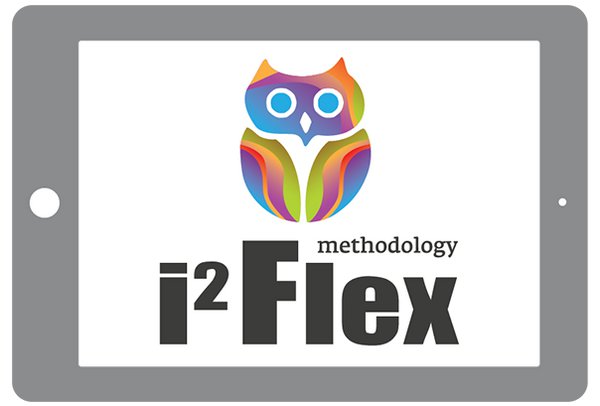i2Flex
We are educating our students to become architects of their own learning in a rapidly changing world. New technologies, new patterns of connections and collaboration, and new realms of knowledge (and experience) offer limitless opportunities, but they also pose challenges. If our students are to thrive and lead in this new world, they will need to possess appropriate skills, aptitudes and attitudes towards learning. And educators will need to examine, question challenge and transform traditional concepts and methods of teaching and learning to assure that their students will enter the world equipped to meet and master its challenges.
What kinds of skills, aptitudes and attitudes should our students possess? The ACS Athens learner profile states that we want our students to be knowledgeable, principled, open-minded, caring, balanced and reflective thinkers, communicators, decision-makers. These attributes represent core values and principles. In addition, students must be prepared to become multi-modal and multi-literate life-long learners who demonstrate individual initiative; intellectual curiosity; critical, analytical and creative problem solving and problem posing skills; and the ability to collaborate productively in an ever- shifting array of working teams and partnerships that cross boundaries of time and culture. They need to be confident and savvy acquisitors of information and astute evaluators of the validity of the information they gather.
Traditional schooling is not the only avenue for learning. Students learn in different ways and at different speeds, and master concepts and skills and express their understanding in a multitude of ways. Alternate avenues of learning made possible by technology (on-line and blended courses, interactive books, the whole world of information at one’s fingertips, for example) are enriching learning, and in some instances offering an equally effective alternative to traditional learning modalities.
At ACS Athens, we believe that that we must embrace and adopt alternative avenues of learning where they enrich and expand our students’ learning, but we also believe that all of our practices must be rooted in fundamental educational philosophical principles of Morfosis (Μόρφωση), a central tenet of Classical Greek experience. Let us define Morfosis (for the 21st Century) as a new education paradigm referring to holistic, meaningful and harmonious educational experiences guided by ethics. Here we find what is stable, permanent and essential in a context of flux and flow.




